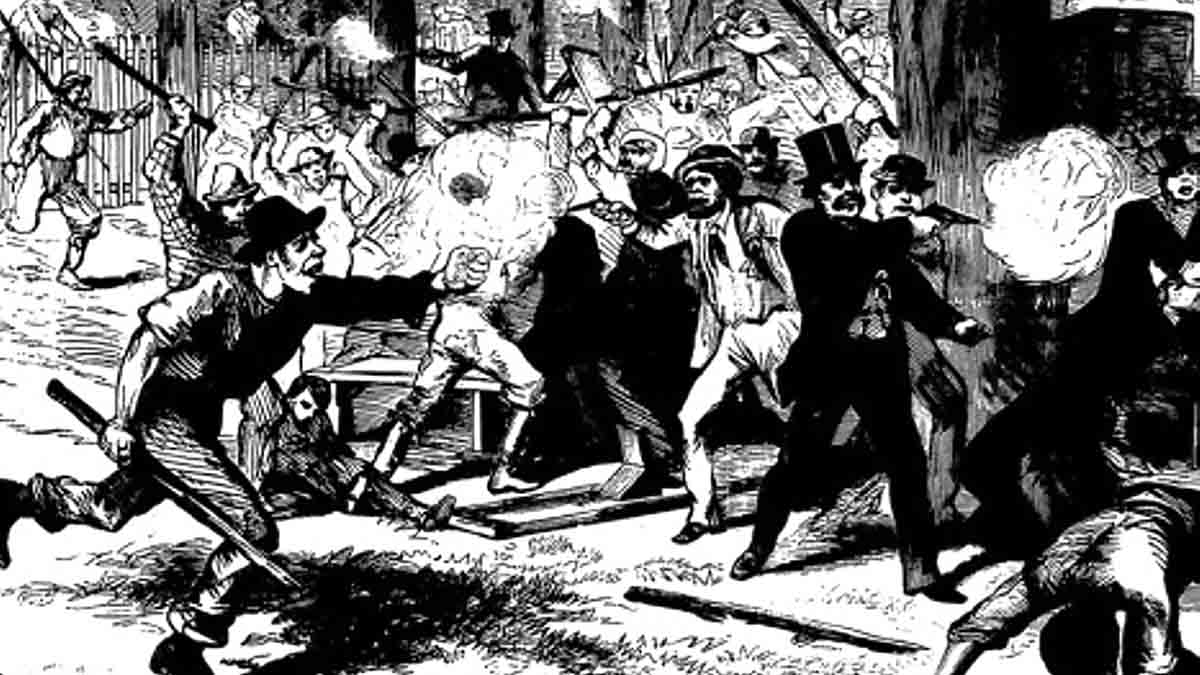BY JOHN FITZGERALD
The connection between Kilkenny and Newfoundland has been well-documented. Mass emigration from the Southeast turned the wind-swept, inhospitable island into an ‘Eire Nua.’
Among the most colourful characters to make his mark there was Father Patrick Power, a Waterford based Franciscan. In the late 18th century, Newfoundland was steeped in Catholicism. It was a deeply conservative society. Chapels abounded, and almost all the clergy were Irishmen.
Born in Callan in 1743, Fr. Power moved to Newfoundland in 1786, after running into debt problems. On taking up his new post, he fell foul of Bishop James O’Donnel, who disapproved of Power’s preaching style and his ‘cavalier attitude’ to canon law.
Power developed a reputation as a champion of the poor. But the bishop dismissed his popularity, describing him as a ‘low, mean fellow’, a ‘cowboy’, and a ‘roaring idiot.’
He asked Power if he would like a transfer to Spain, offering to write an excellent reference despite his aversion to him.
Power declined the offer. Instead, he went to another parish in Ferryland on the Southern shore of the island. There, he met up with his Thomas Walsh, who had emigrated from Ireland some years before.
The two men started a campaign against the bishop, alleging that he was a “skinflint” who disliked having additional priests in his Diocese for financial reasons. Power claimed that the bishop, who favoured ‘Munster men’, was using his Kilkenny origins against him.
Furious at Power’s continued defiance, O’Donel sent a Meath priest, Fr. Thomas Ewer, to Ferryland on a special assignment. His orders were to make life difficult for Power and to ‘freeze him out’ of the parish.
Ewer failed miserably in his task. The bishop had overlooked one vital factor. The majority of Power’s parishioners spoke Irish only and Ewer could speak only English. When he preached against Power, his words were falling on deaf ears. Power, however, was a fluent Irish speaker.
When this plan came to nothing, the bishop took a more drastic step, excommunicating Power from the Church. But even this had no effect on the wayward priest. He remained in his ministry and even mustered support among the people for his cause.
Exploiting his Kilkenny connections, he recruited those who were hostile to what he called the’ Munster clique’ in Newfoundland. His most ardent fan was a Fogarty from Callan. Fogarty led large gangs through Ferryland to confront Power’s detractors.
Election meetings and hurling matches erupted into violence as rival groups fought it out. The worst incidents occurred at matches between Kilkenny and Tipperary teams. People from these neighbouring counties had taken their old animosities to Newfoundland with them!
In desperation, Bishop O’ Donnel offered to pay Power £20 if he would leave the island and never return. Power agreed and accepted the money. He departed in 1791. Back in Ireland, he explained his plight to the Bishop of Ossory, Dr. Lanigan.
His Lordship was sympathetic after listening to Power’s version of events. From 1796 to 1801, he served with distinction as a curate in Ballyhale, County Kilkenny. The rebel priest died peacefully in 1815.
(Callan in Words and Pictures is available from Amazon)


















